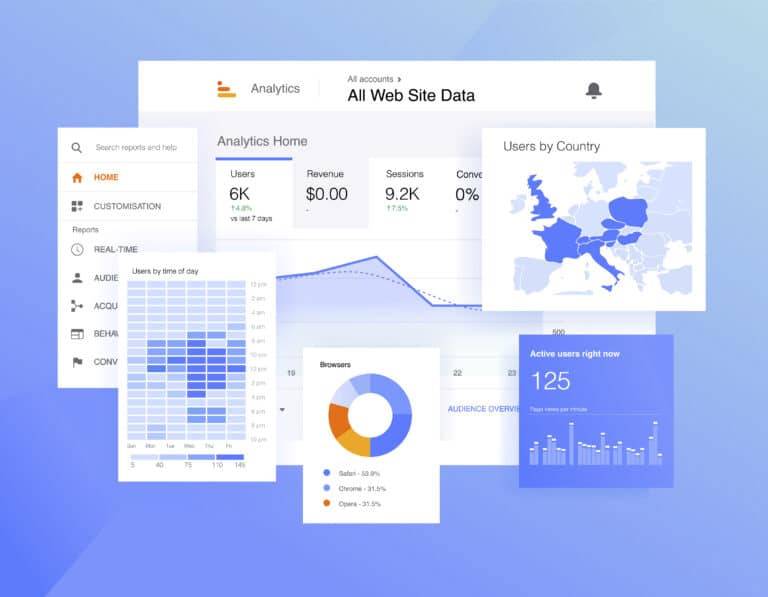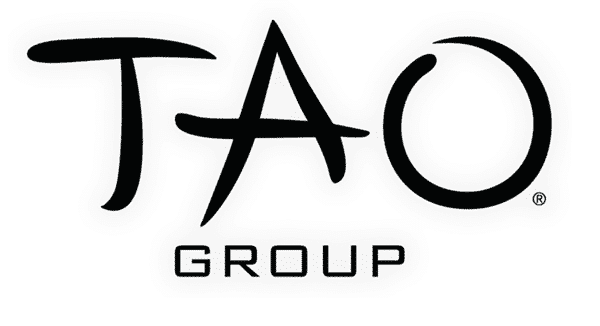In the intricate terrain of digital marketing, understanding your website’s performance is the foundation of business growth. One powerhouse tool at your disposal is Google Analytics. By effectively leveraging this platform, you can significantly boost your ability to drive and measure conversions, refining your marketing strategies for peak efficiency. This post will guide you on how to harness your Google Analytics account for conversions, delivering insights to unlock your online potential.
Decoding Conversions and Metric Conversions with Google Analytics
In the digital marketing sphere, a ‘conversion’ represents a website visitor completing a desired action such as subscribing to a newsletter, making a purchase, or filling a contact form. Monitoring these actions using Google Analytics data is pivotal in gauging the success of your marketing endeavors.
Google Analytics stands as a potent tool, providing a wealth of analytics data about your website’s visitors and their behavioral patterns. By setting up ‘Goals’ in your Google Analytics account, you can track specific user actions (conversions), offering insights into the efficacy of your marketing strategies.
An integral part of understanding conversions is mastering the concept of metric conversions. Google Analytics allows you to measure different systems and metrics, giving you a comprehensive view of your site’s performance across various fronts.

Implementing Conversion Tracking and Event Tracking in Google Analytics
To initiate tracking conversions, you need to define your goals within your Google Analytics account. These goals can range from a completed purchase to a user spending a certain amount of time on a designated page.
To set up a goal, steer to the ‘Admin’ section in Google Analytics and select ‘Goals’ under the ‘View’ column. Here, you can create new goals or adjust existing ones. Choose ‘New Goal,’ select the type of goal you wish to track (URL Destination, Visit Duration, Pages/Visit, or Event), and clarify the details. URL Destination is especially handy in setting up form tracking specifically.
Event tracking is a fundamental aspect of Google Analytics. It allows you to understand the interactions customers have with your content. By setting up event tracking, you can monitor various systems such as video plays, downloads, and clicks on specific links, thus creating a more rounded view of customer interactions.
Optimizing Conversions Through Google Analytics Insights and Managing Internal Traffic
Once you’ve established your goals and event tracking, Google Analytics begins collecting data pertinent to these conversions. As you accumulate this data over time, you will discern which marketing strategies bear fruit and which ones require adjustment.
A valuable feature of Google Analytics is its ability to track the customer journey through ‘Behavior Flow.’ This feature lets you trace the route users take through your website, pinpointing potential pain points causing customers to abandon their journey before converting.
Another advantage of Google Analytics is the ability to control access to analytics data and manage internal traffic. By excluding the traffic generated by internal teams from your Google Analytics data, you can achieve a more accurate understanding of real user behavior on your website.
In conclusion, employing Google Analytics for conversions is a critical practice for any business striving to enhance its digital footprint. By setting up and tracking goals, utilizing event tracking, understanding different systems and metric conversions, controlling access, and managing internal traffic, you can derive actionable insights into user behavior. These insights empower you to optimize your marketing strategies for improved outcomes.
Remember, conversions are not just about making sales; they symbolize meaningful engagements that fortify relationships with your customers. Therefore, using Google Analytics for conversions provides a deeper understanding of your audience and amplifies your ability to deliver what they need when they need it.
In the ever-evolving digital world, staying ahead means staying informed. And there’s no better companion for insightful data than your Google Analytics account.






















